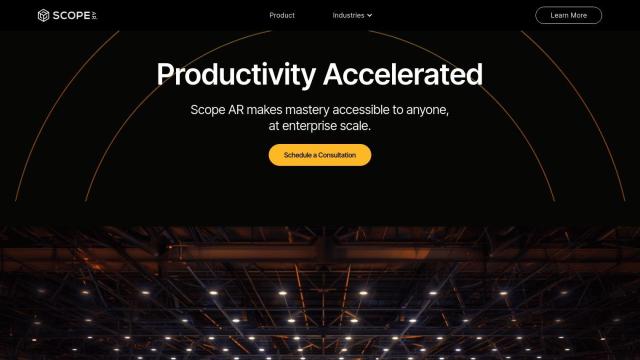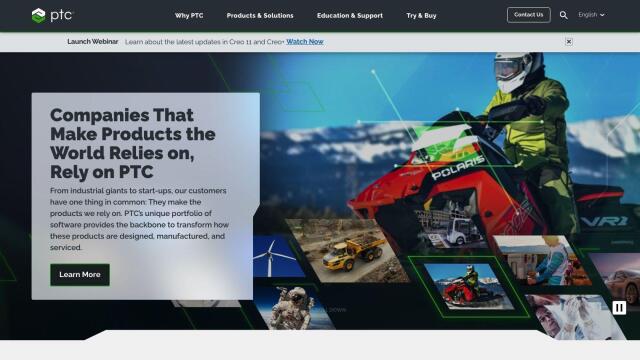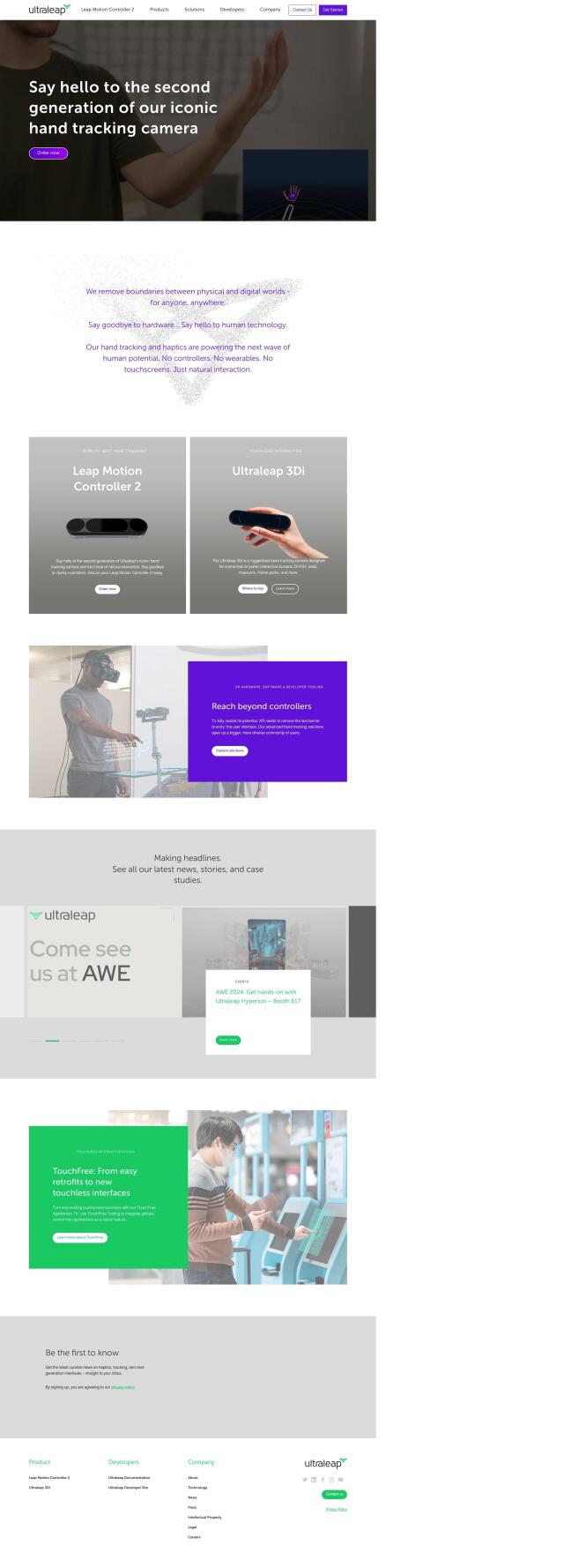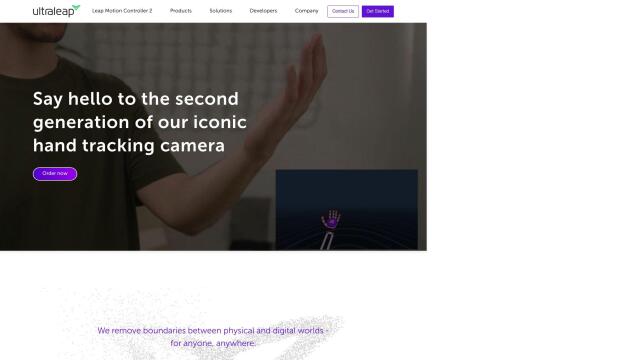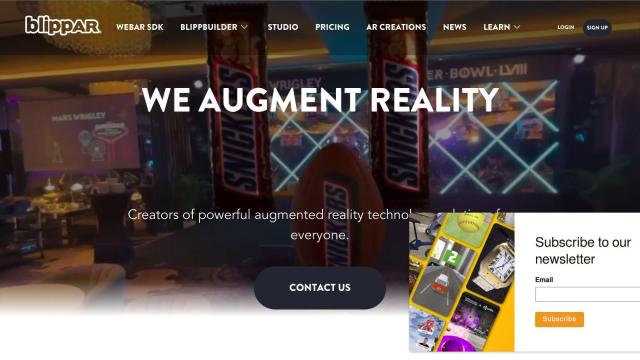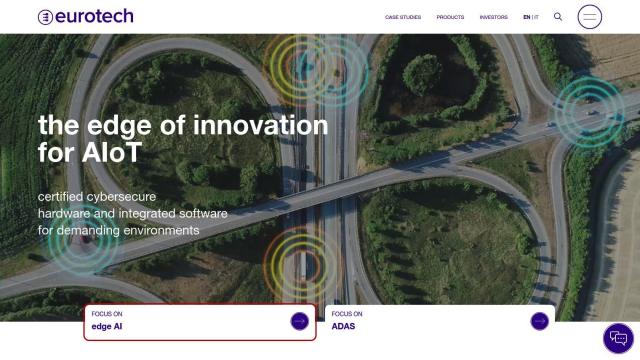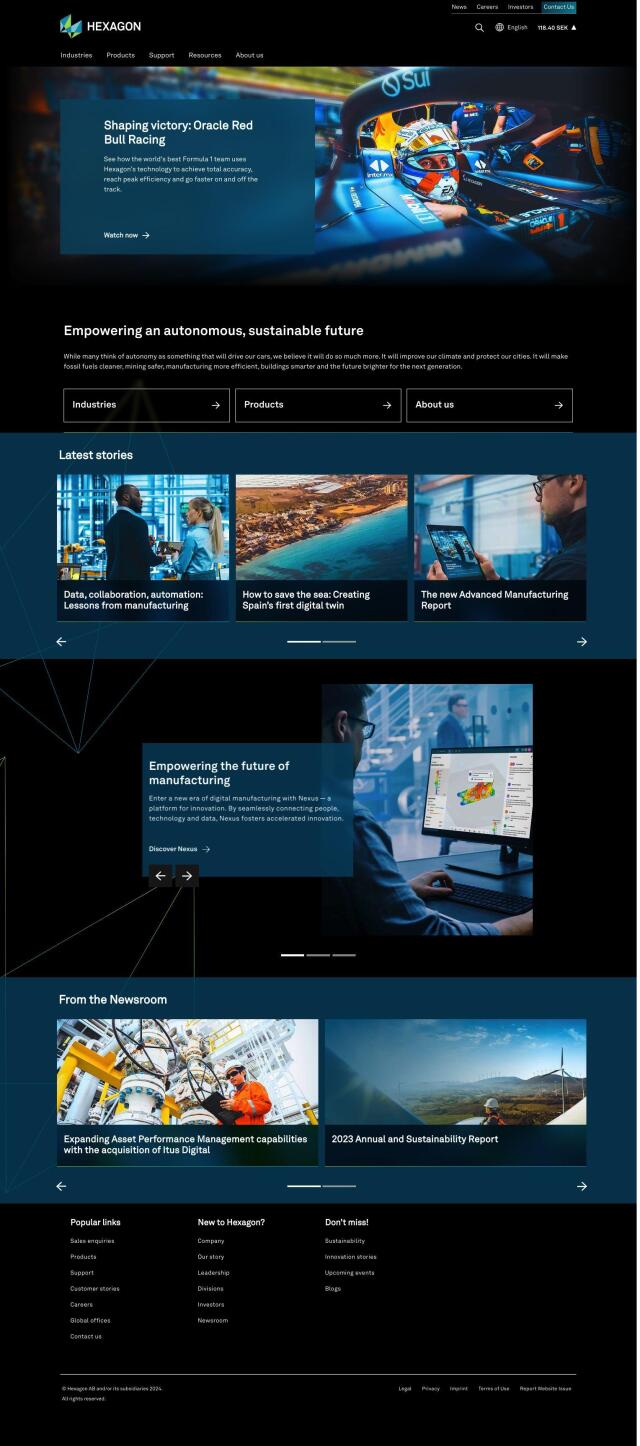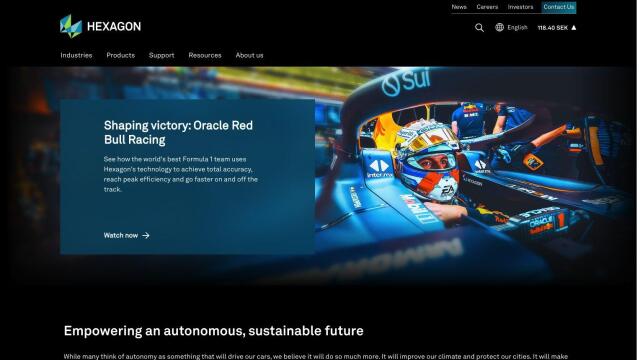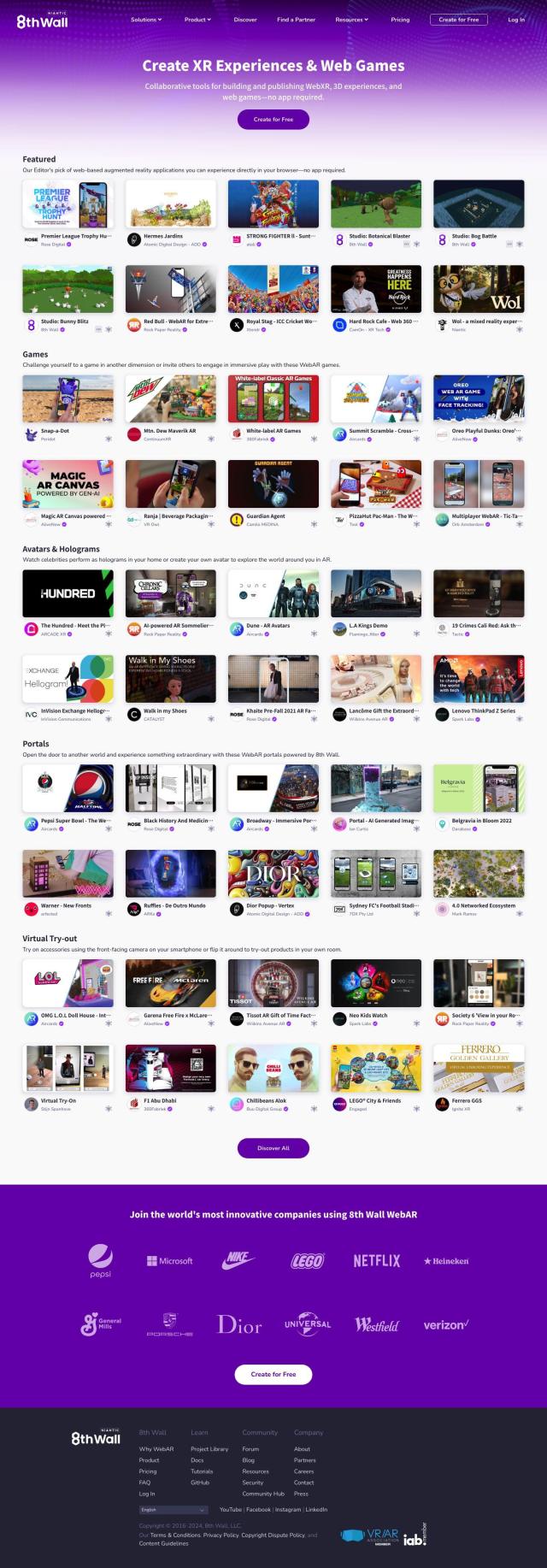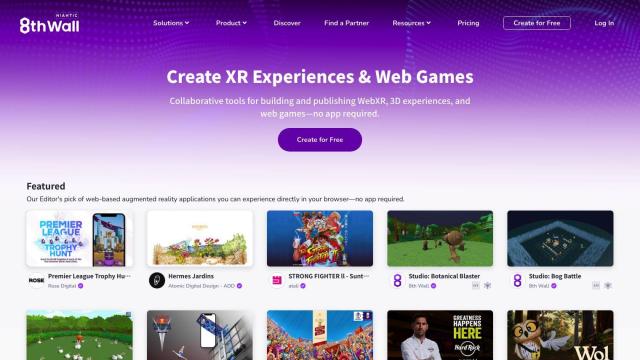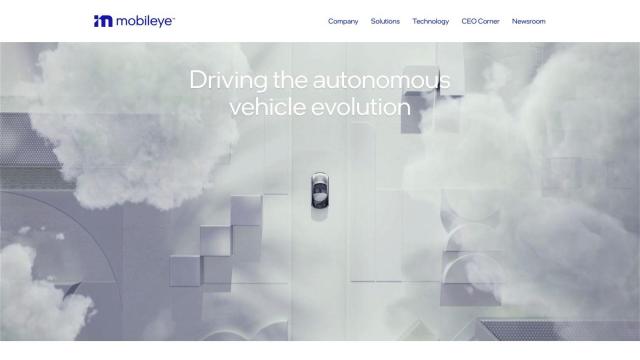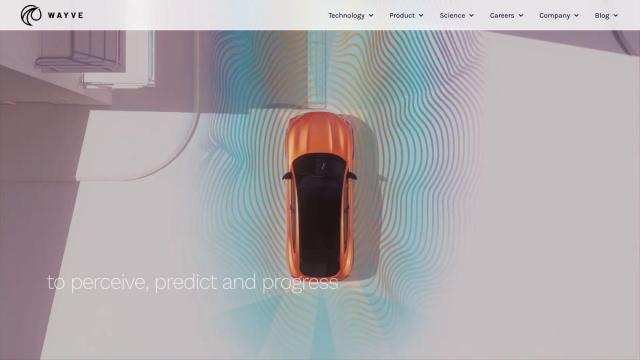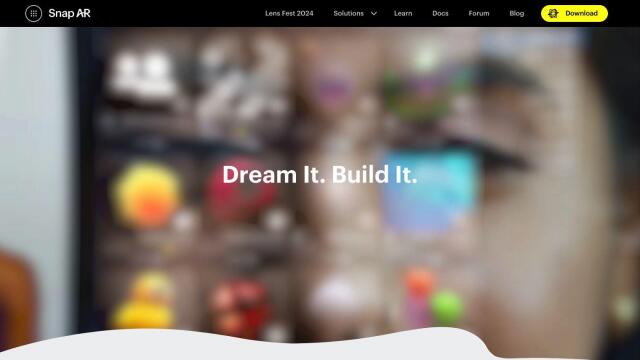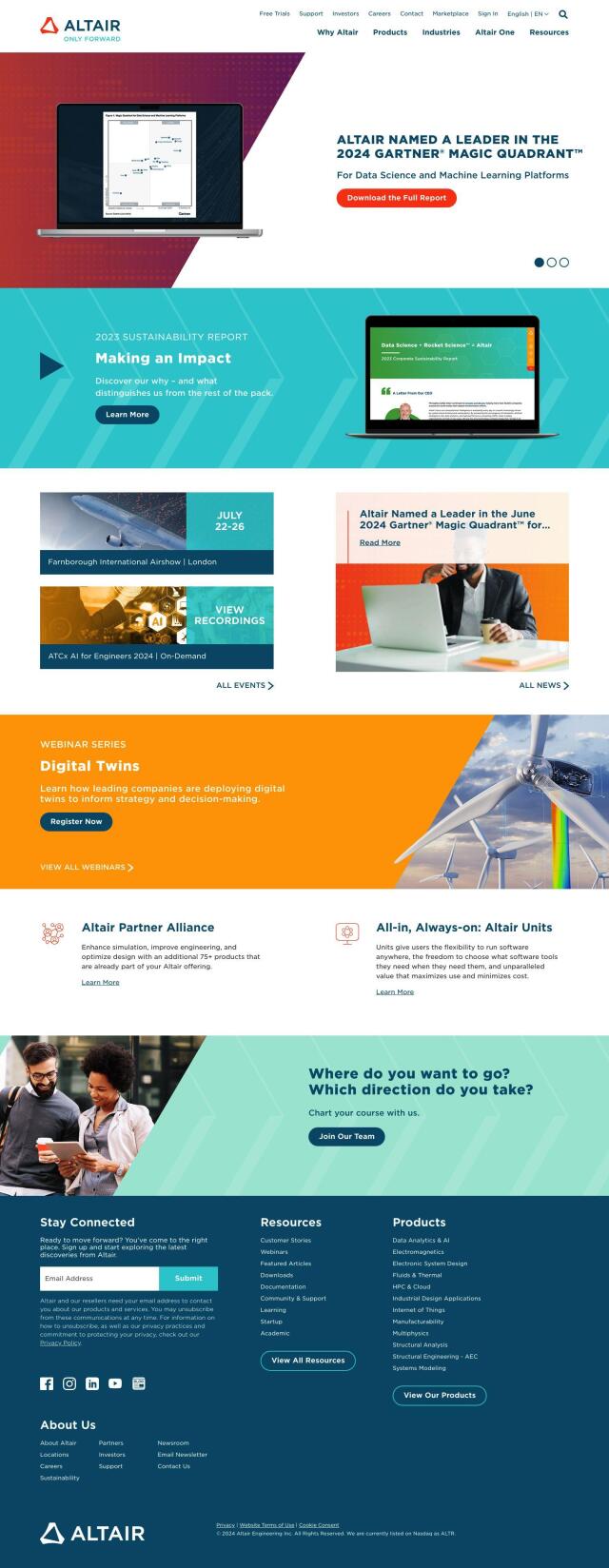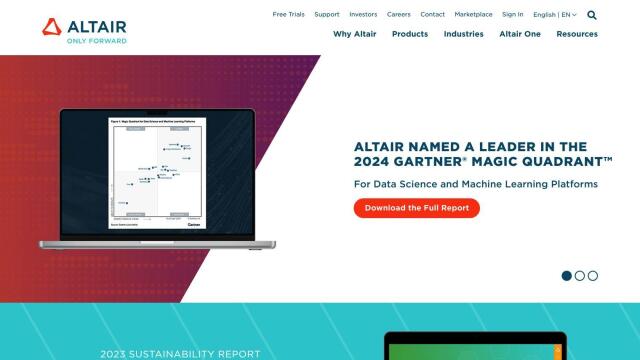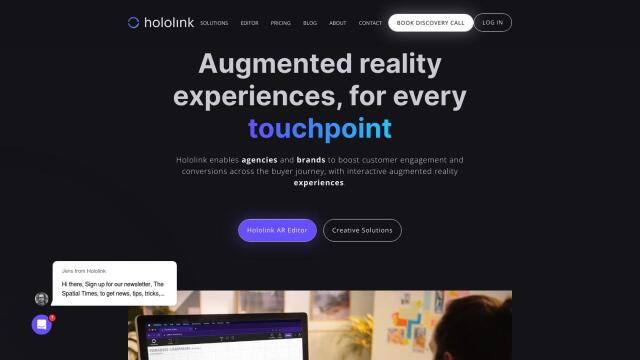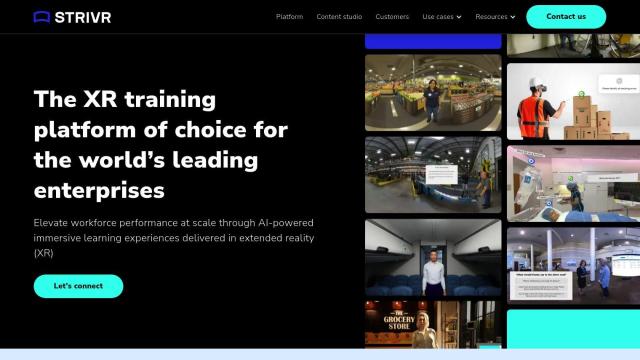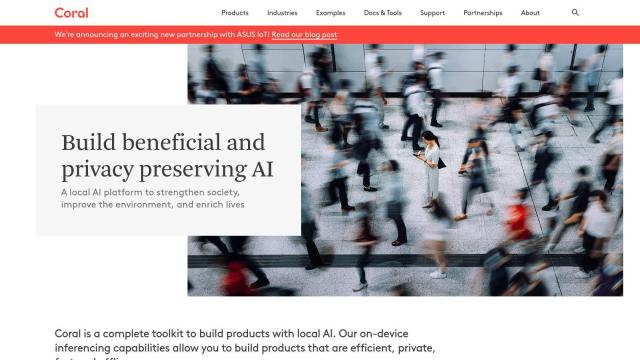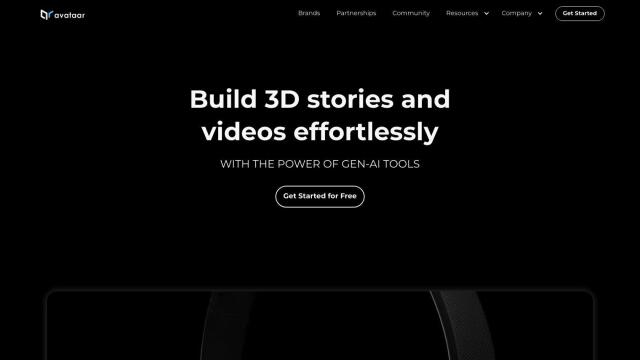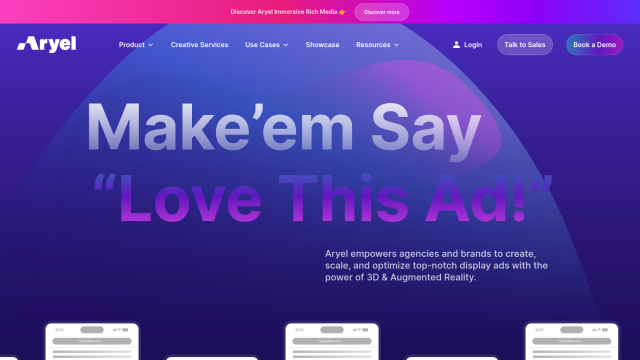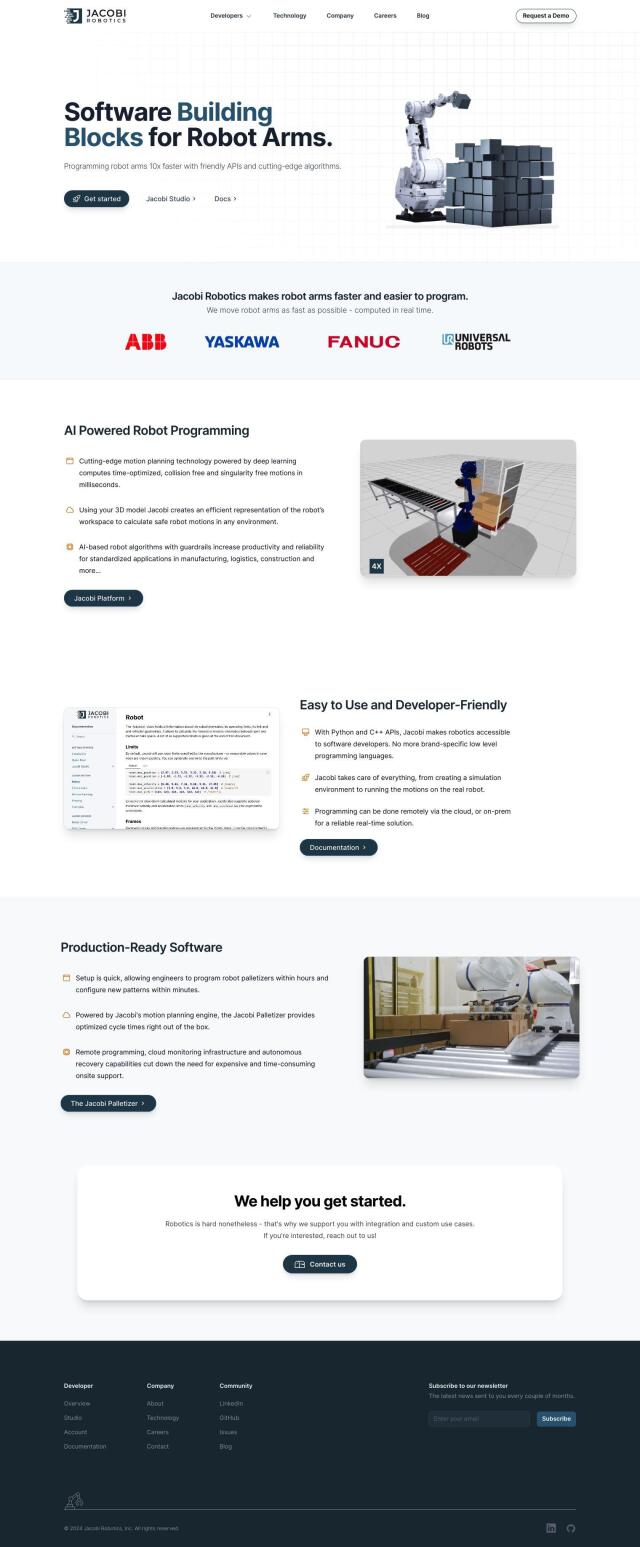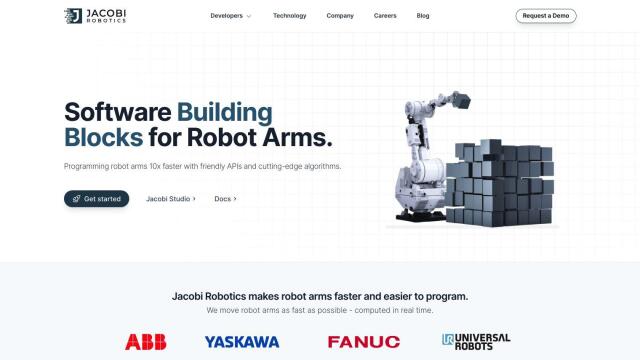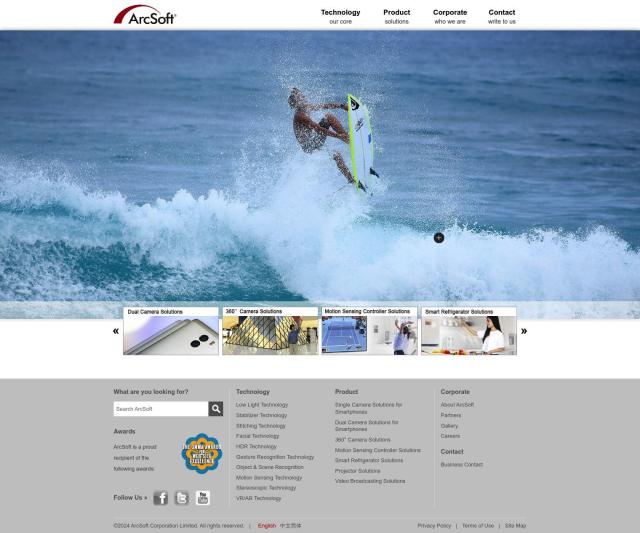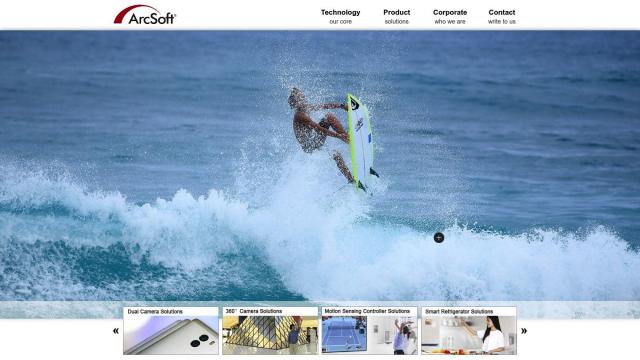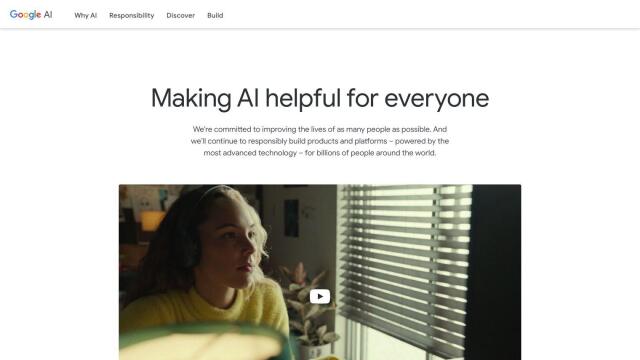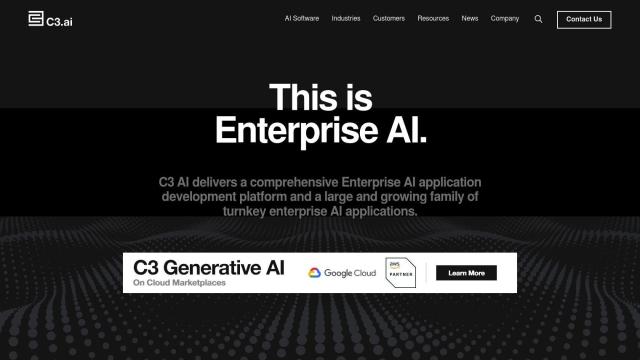Question: I'm looking for a toolchain to develop and deploy AR applications in automotive industry, do you know of any?

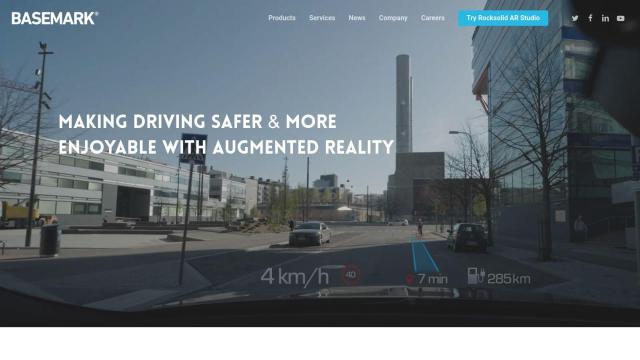
Basemark
If you're looking for a toolchain to build and deploy AR apps in the automotive space, Basemark is another good option. Basemark focuses on creating Augmented Reality and Advanced Driver-Assistance Systems (ADAS) for next-gen vehicles. Its Rocksolid AR toolchain is geared for automotive AR development, providing precise positioning and anchoring of AR content to real-world objects and infrastructure even in moving cars. Basemark offers a full suite, including a design studio, SDK and runtimes, along with professional services for series production projects.

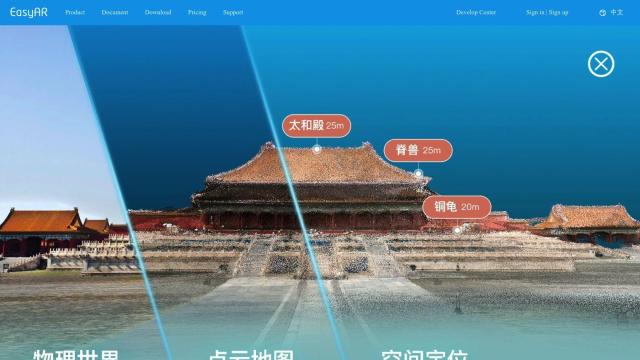
EasyAR
Another good option is EasyAR, an augmented reality development platform with a range of tools and services. The platform includes spatial mapping, motion tracking and image recognition abilities, and is good for large-scale data collection and mapping. EasyAR supports multiple platforms including iOS, Android and MR eyewear, and offers a range of subscription plans for different projects. It also offers detailed documentation and community support, which can be helpful for developers.

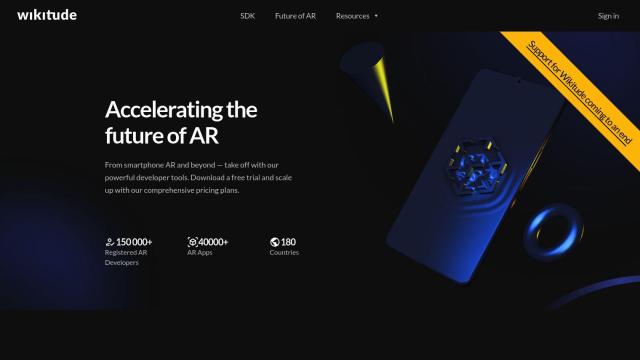
Wikitude Augmented Reality
For a cross-platform AR option, check out Wikitude Augmented Reality. This SDK lets developers create immersive AR experiences for iOS, Android and smart glasses. It offers abilities like real-time image recognition, interactive digital content and location-based experiences. Wikitude is flexible enough to accommodate complex AR projects in many industries, including automotive.
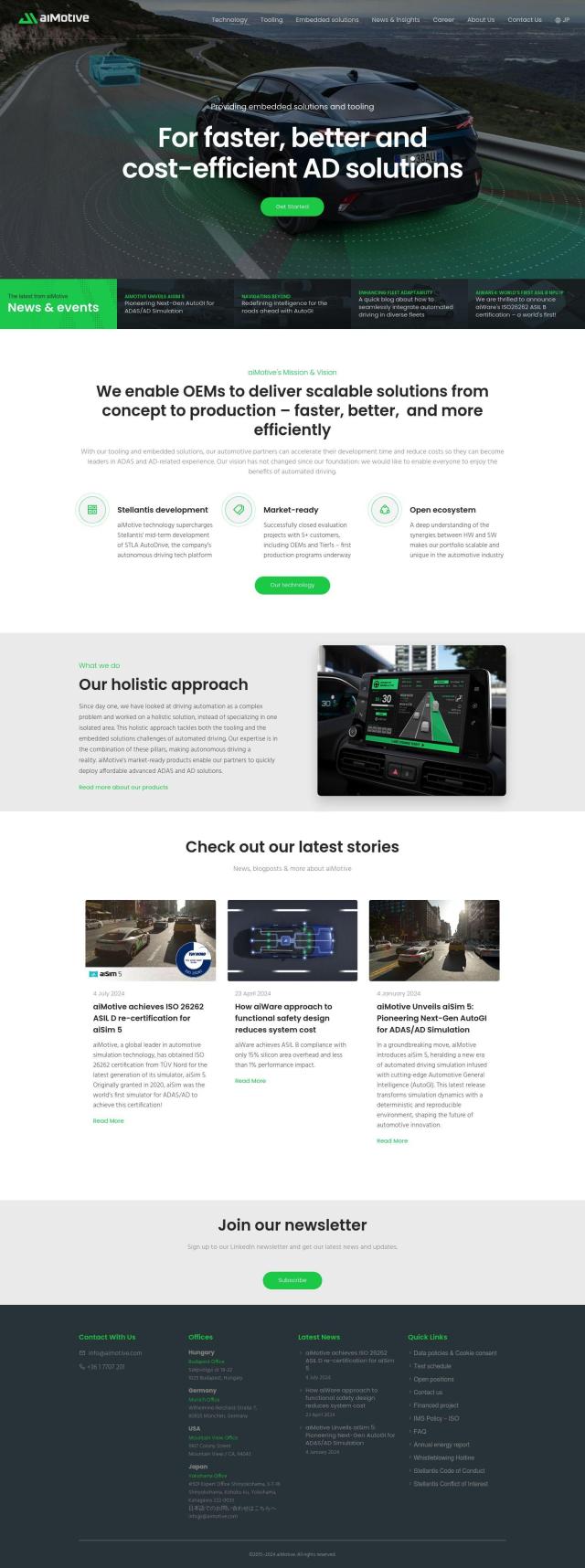
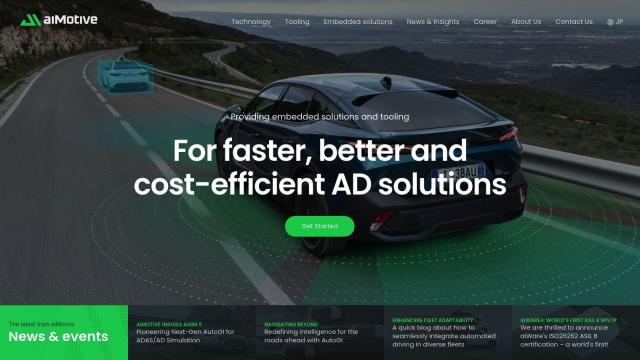
aiMotive
Finally, aiMotive offers a full-stack platform for developing and validating Automated Driving (AD) software. Although it's geared for autonomous vehicles, the tools can be used for advanced driver assistance and in-vehicle AR apps. aiMotive's suite includes virtual validation, automated driving platforms and data management tools, so it's a good option for automotive software development.

